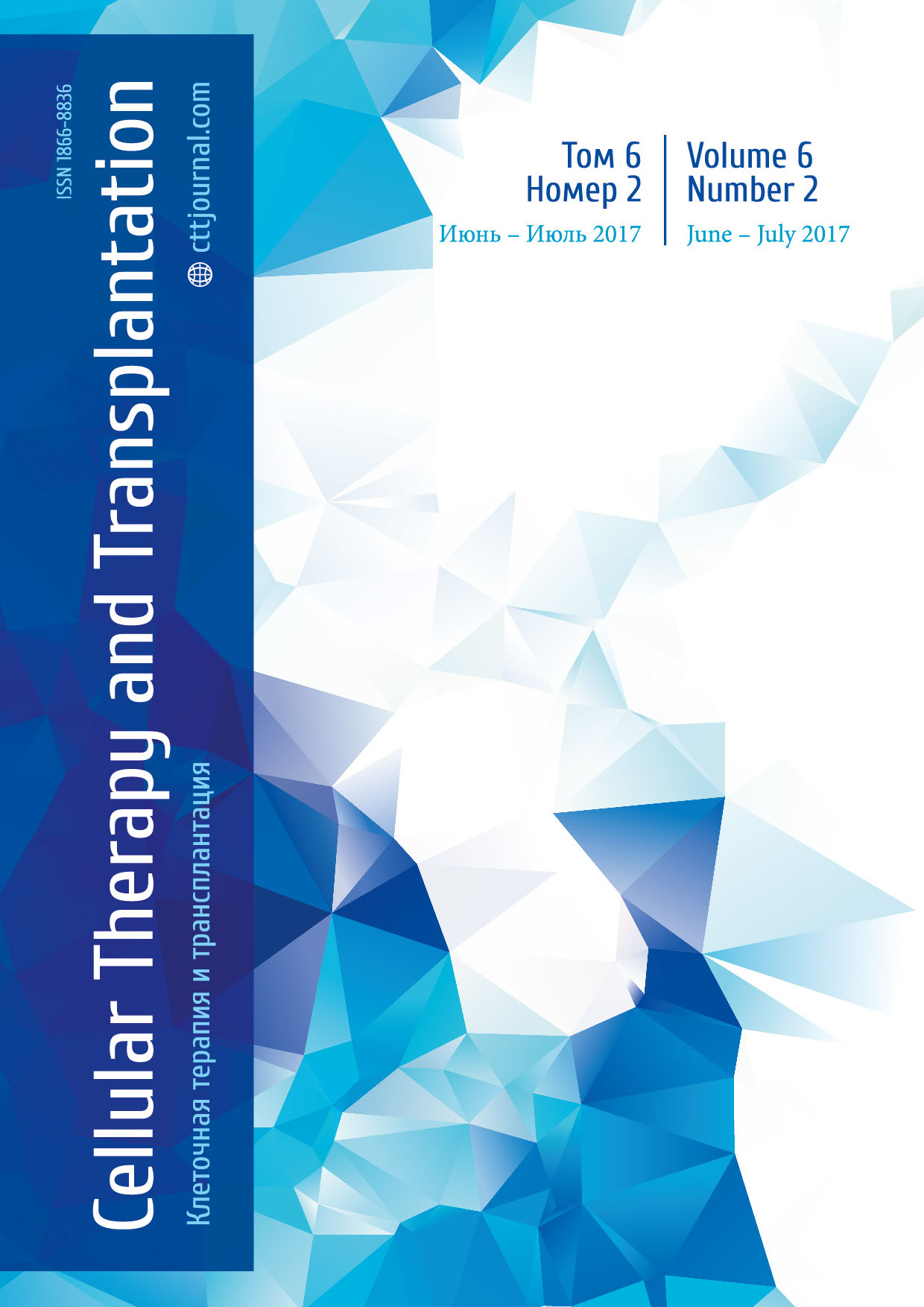Editorial article
Professor Boris V. Afanasyev, The CTT Editor-in-Chief
doi 10.18620/ctt-1866-8836-2017-6-2-26-35
Published 31 July 2017
Summary
Basic principles of leukemia treatment with cytotoxic chemo/radiotherapy have not change over last 30 years, reaching their maximal efficiency several years ago. The long-term evolution in this field has proceeded from combined cytotoxic induction protocols to hematopoietic stem cell transplantation (HSCT). Meanwhile, a well-proven graft-versus-leukemia mechanism of HSCT promoted interest to immunotherapy of malignant disorders.Induction of specific anti-tumour immune response may be obtained through re-direction of adaptive immune system with potent cytotoxic effects against leukemic cells. Cellular immunotherapy may be combined with conventional therapy and novel class of drugs, checkpoint inhibitors potentially enhancing the antileukemic effect. However, optimal timing and dosage for these therapeutic agents should be established in future trials. Recombinant antibodies (e.g., Brentuximab) also provide additional targeted effects against CD30+ malignancies.
Over last year, an original approach to adoptive therapy is developed due to initial trials on tumor-specific T cells with introduced TCR or CAR (CAR-T cells) which initially provided good results in experiments and clinical settings. Duration of therapeutic action and probable adverse effects may present sufficient issues on this way.
Hence, different modes of cellular immunotherapy are now gradually being implicated into clinical practice of oncohematology, being an effective and, probably, less toxic treatment as compared with conventional chemotherapy and oncogene-targeted drugs, such as tyrosine kinase inhibitors,
JAK2 blockers etc.


